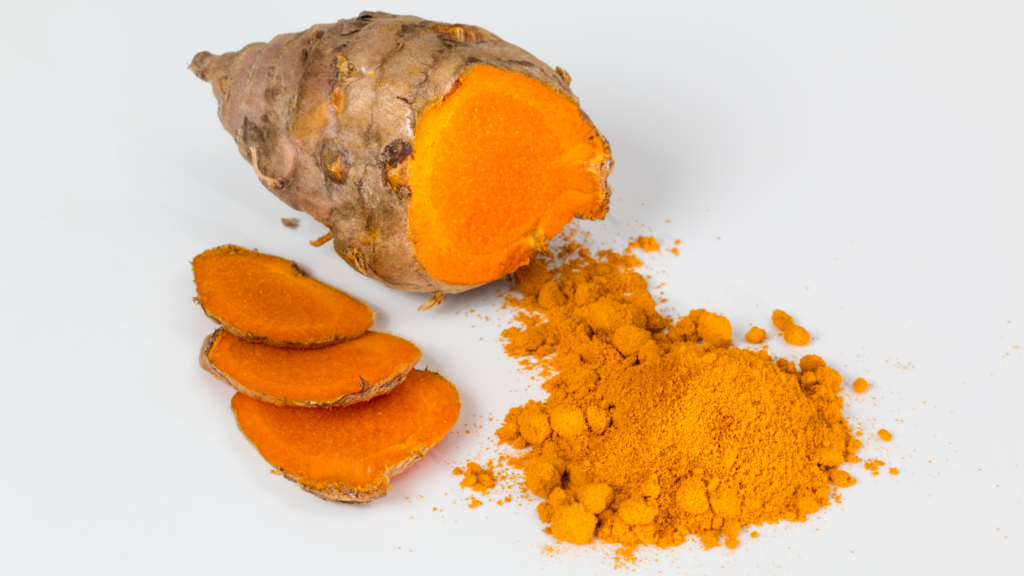Turmeric, revered for its medicinal properties and culinary significance, has come under scrutiny due to widespread adulteration with lead chromate—a toxic compound used to enhance its vibrant yellow hue. This practice poses severe health risks, including neurological damage, cardiovascular diseases, and developmental issues, particularly in children.
The Scope of the Problem
India, producing approximately 75% of the world’s turmeric, has reported lead levels in turmeric samples exceeding safe limits by up to 200 times. The contamination is not confined to India; neighboring countries like Pakistan and Bangladesh have also faced similar challenges.
Bangladesh’s Successful Intervention
Bangladesh implemented a comprehensive strategy involving public awareness campaigns, strict enforcement of food safety regulations, and collaboration with international organizations. This led to a significant reduction in lead contamination in turmeric, setting a precedent for other countries grappling with similar issues.
Health Implications
Chronic exposure to lead-contaminated turmeric can result in:
- Neurological Disorders: Impaired cognitive development and behavioral issues in children.
- Cardiovascular Diseases: Increased risk of hypertension and heart-related ailments.
- Kidney Damage: Long-term exposure can lead to renal dysfunction.
Recommendations for Consumers
- Purchase from Reputable Sources: Ensure turmeric is sourced from certified suppliers.
- Opt for Organic Products: Organic turmeric is less likely to be adulterated.
- Home Testing: Simple tests can detect adulteration; for instance, adding turmeric to water—if it settles at the bottom without coloring the water, it may be pure.
Call to Action
There is an urgent need for:
- Stricter Regulations: Governments must enforce stringent quality controls.
- Public Awareness: Educating consumers about the risks of adulterated turmeric.
- International Collaboration: Sharing best practices and resources to combat this issue globally.


